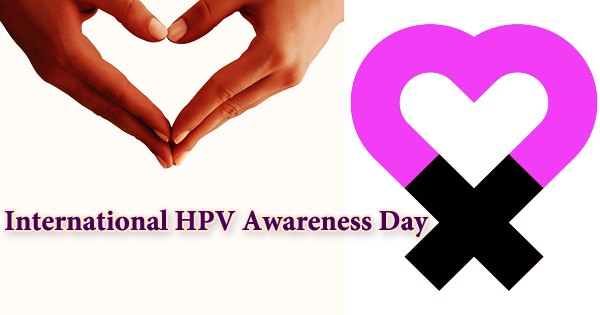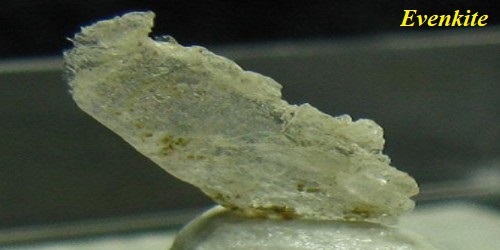Human papillomaviruses, or HPV, are the most common sexually transmitted infection and the cause of virtually all cervical cancer cases. While the connection between HPV and cervical cancer is undeniable, HPV may also cause other cancers such as anal, dental, vaginal, vulvar, and penile cancers. International HPV Awareness Day is observed on March 4th. Today is an excellent day to read more about HPV, which stands for human papillomavirus. HPV is a virus that we should all defeat. HPV is a common virus that has been connected to at least six cancers.:
- Cervical, vaginal, and vulvar cancer in women
- Penile cancer in men
- Anal and throat cancer in men and women
The 4th of March has been designated as International HPV Awareness Day since its inception in 2018. The commemoration is part of the International Papilloma Society’s ongoing efforts to raise global awareness of HPV and how it affects us all. The annual campaign day allows everyone to learn about HPV and how to manage the risk of HPV-related cancers by participating in a variety of activities. The IPVS (International Papillomavirus Society) has enlisted the support of a massive global coalition to help increase HPV awareness on March 4th and throughout the year. The National Cancer Institute (NCI) has been a trailblazer in the field of infection-related cancer research and development. HPV is responsible for about 5% of all cancer cases. The majority of these cases are cervical cancer (cervical cancer), which affects only women. Cervical cancer is the fourth most common cancer in women worldwide, with approximately 570,000 new cases and 311,000 deaths per year. Around 85% of new cervical cancer cases and deaths occur in low and middle-income countries. Grandmothers, mothers, daughters, sisters, cousins, and friends are represented by these figures. Far too many lives have been lost far too soon.
In certain cases, HPV infection, the most common sexually transmitted infection, has no symptoms and is removed from the body by the immune system on its own. However, infections can also linger and, in addition to causing symptoms like warts, can ultimately lead to cancer. HPV infection has been linked to other genital cancers as well as cancers of the head and neck in both men and women, and is most often associated with cervical cancer. Each year, approximately 600,000 people are diagnosed with HPV-related cancers around the world. As a result, minimizing the effects of HPV infection and associated cancers would be one of the most significant public health issues of the twenty-first century. The World Health Organization (WHO) has set a lofty target of eradicating cervical cancer from the planet by 2030. The WHO plan includes three targets:
- By the age of 15, 90 percent of girls had been vaccinated. HPV vaccination is widely recommended for boys and girls aged 11 to 12 in the United States. The vaccine can be given to people as young as 9 years old and as late as 26 years old.
- 70% of women are tested for a Pap test by the age of 35, and then again by the age of 45. Beginning at the age of 21, screening should be done every 3-5 years in the United States.
- 90% of women with cervical cancer undergo care. The National Comprehensive Cancer Network in the United States publishes cervical cancer care recommendations. The American Society for Colposcopy and Cervical Pathology offers advice on how to deal with cervical precancer (such as an abnormal Pap test or positive hrHPV test).
As a result, on this International HPV Awareness Day, we’d like to highlight how, thanks in part to the work of Cancer Research Institute (CRI) scientists, immunotherapy can and has helped us combat this widespread and potentially fatal virus. Vaccines may be used to show the immune system what HPV looks like on a molecular level since HPV seems alien to it. The immune system would then be able to identify it and kill it, as well as any infected cells. The National Cancer Institute’s (NCI) ongoing collaboration with countries around the world aims to raise awareness of cervical cancer prevention, screening, and treatment; strengthen health system capacity for universal HPV vaccine implementation, and advocate for both young women and men to protect themselves against a potentially preventable range of cancers. Vaccination against HPV is a cancer preventative measure. HPV vaccination is a virus that we can all defeat because it is secure, reliable, and long-lasting.
















